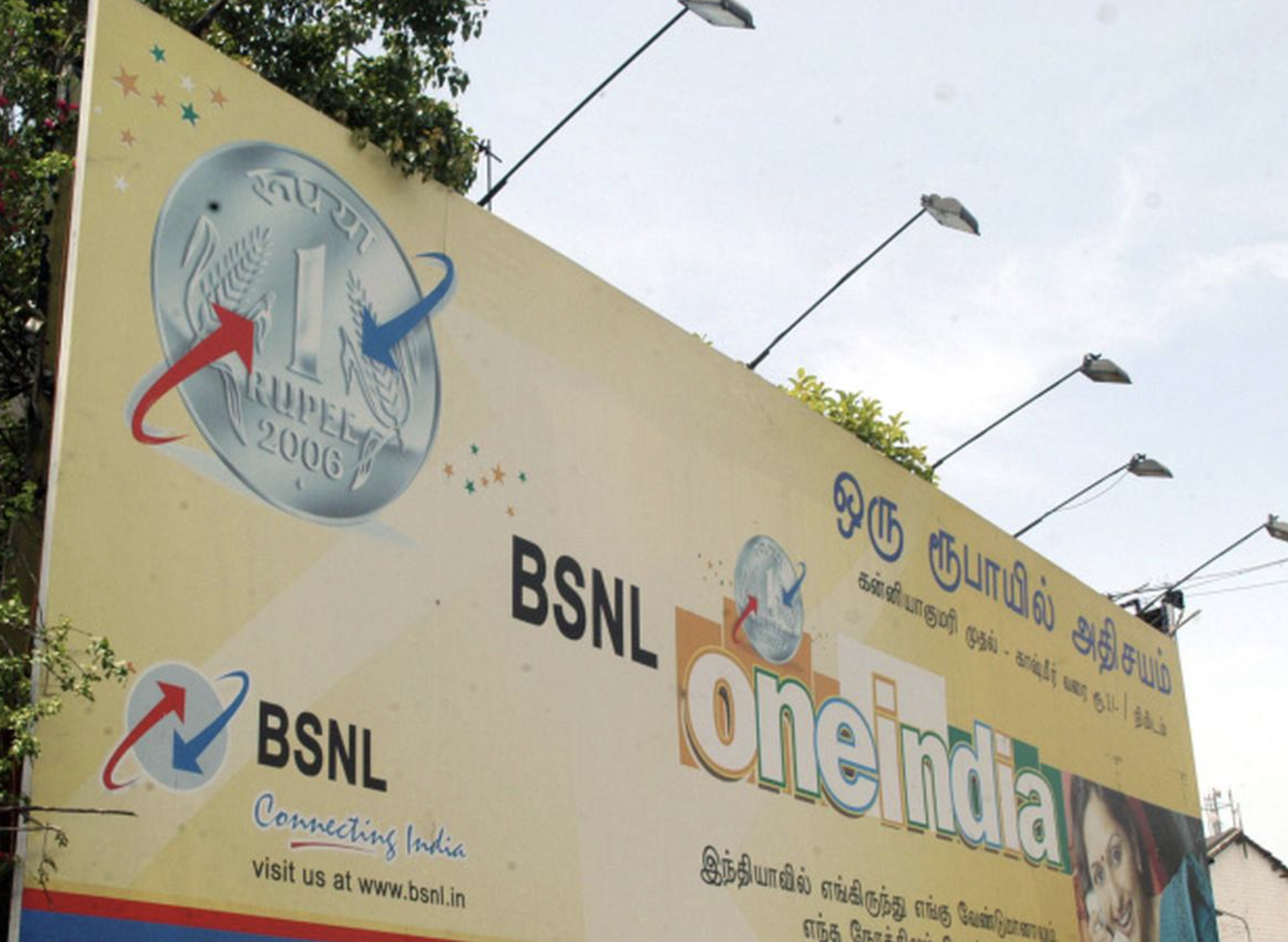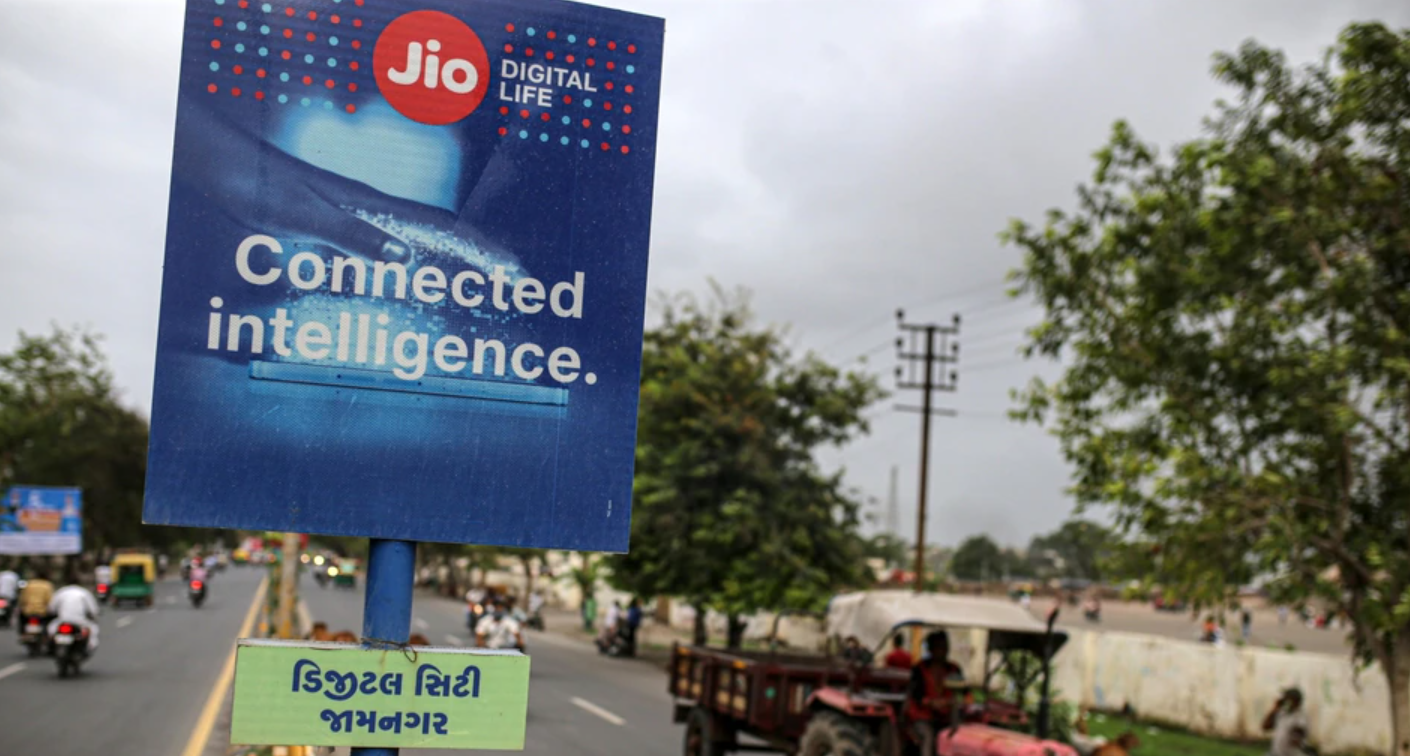The Telecom Regulatory Authority of India (TRAI) has announced new quality of service (QoS) regulations aimed at improving mobile and broadband services in India. Effective October 1, these regulations impose strict penalties on telecom providers for non-compliance, mandate greater transparency in network performance, and introduce measures to ensure better service for consumers.

Penalties for Non-Compliance
Stiff Fines for Violations
TRAI has set substantial penalties for telecom providers that fail to meet the QoS benchmarks. Initial non-compliance will incur a fine of ₹1 lakh per benchmark. A second offense will raise the penalty to ₹2 lakh, while subsequent violations will attract a fine of ₹3 lakh per benchmark. Additionally, submitting false compliance reports will result in fines ranging from ₹2 lakh to ₹10 lakh, depending on the frequency of the violations. Telecom companies failing to submit compliance reports will face a daily fine of ₹5,000, with a maximum penalty of ₹10 lakh.
Subscriber Compensation for Network Outages
Rental Rebates and Extended Validity
The new regulations require telecom providers to compensate subscribers during network outages exceeding 24 hours. Postpaid customers will receive a rental rebate, while prepaid customers will be granted extended validity days. This measure aims to ensure that subscribers are fairly compensated for disruptions in service.
Enhanced Transparency and Reporting
Detailed Mobile Coverage Maps and Monthly Metrics
Telecom providers must now publish detailed mobile coverage maps on their websites, showing 2G, 3G, 4G, and 5G coverage. This will allow consumers to make informed choices about network providers. Additionally, providers are required to disclose QoS performance metrics online regularly. TRAI has introduced granular data metrics, including latency, jitter, packet drop rate, and network availability, which will now be monitored monthly instead of quarterly. This change aims to enable faster identification and resolution of network issues.
Comprehensive Regulatory Framework
New Standards and Benchmarks
The new regulations, titled “Standards of Quality of Service of Access (Wireline and Wireless) and Broadband (Wireline and Wireless) Service Regulations, 2024,” replace the decade-old QoS regulations. They account for the quality aspects of new and emerging technologies such as 4G, 5G, and high-speed broadband services. Telecom providers have six months to transition to monthly reporting and implement tightened benchmarks for various parameters within six months to two-and-a-half years.
Methodology Changes and Six Sigma Quality Management
Shift to Percentile-Based Calculations
A major change in the measurement methodology is the shift from average to percentile-based calculations for key parameters such as packet drop rate, latency, and download/upload speed. This adjustment aims to identify areas of poor performance and enable targeted corrective actions. TRAI has also introduced new monitoring parameters, including significant network outages, jitter, maximum bandwidth utilization, and SMS delivery success rate, while removing outdated parameters. Telecom providers are required to adopt a Six Sigma Quality Management Plan to proactively identify and eliminate quality issues.
Conclusion
The new TRAI regulations are set to significantly enhance mobile and broadband services in India. While these norms will benefit consumers by ensuring better service quality and transparency, they will also increase the compliance burden on telecom providers.













